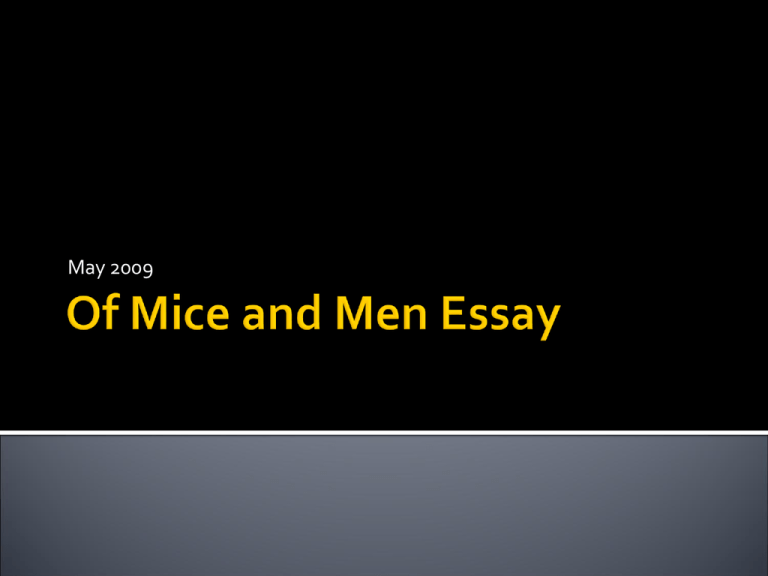Historical Context of ABC Debates

The ABC debates, a cornerstone of American political discourse, have evolved significantly since their inception, reflecting changes in political landscape, media technology, and public expectations. This evolution has shaped the format, style, and impact of these debates, making them a vital platform for informing voters and shaping the nation’s political trajectory.
Evolution of ABC Debates
The ABC debates have a rich history, starting with the first televised presidential debates in 1960 between John F. Kennedy and Richard Nixon. This landmark event ushered in a new era of political communication, bringing the candidates directly into the homes of millions of Americans. The early debates were characterized by a more formal, restrained style, with a focus on policy issues and candidate qualifications.
- The 1976 debates between Jimmy Carter and Gerald Ford saw the introduction of town hall-style formats, allowing for more direct interaction between candidates and the public.
- The 1980 debates between Ronald Reagan and Jimmy Carter marked a shift towards a more confrontational style, with candidates engaging in more direct challenges and rebuttals.
- The 1992 debates between Bill Clinton, George H.W. Bush, and Ross Perot featured a greater emphasis on sound bites and media coverage, reflecting the increasing influence of television news.
- The 2000 debates between George W. Bush and Al Gore were notable for their use of technology, with the internet playing a more prominent role in disseminating information and facilitating public discussion.
- The 2008 debates between Barack Obama and John McCain saw the rise of social media as a powerful tool for engaging voters and shaping public opinion.
- The 2016 debates between Hillary Clinton and Donald Trump were marked by their unprecedented level of contentiousness and the widespread use of social media to spread misinformation and propaganda.
Impact of Significant Events
Significant events have profoundly influenced the development of ABC debates. The Watergate scandal, for example, led to a greater focus on accountability and transparency in the 1976 debates. The rise of the internet and social media has further transformed the debates, allowing for greater citizen participation and online discourse.
- The 9/11 terrorist attacks prompted a renewed focus on national security and foreign policy in the 2004 debates.
- The 2008 financial crisis highlighted economic issues and candidate stances on economic policy in the 2008 debates.
- The COVID-19 pandemic has had a significant impact on the 2020 debates, forcing organizers to adapt to new safety protocols and virtual formats.
Key Issues and Controversies in ABC Debates

The ABC debates have served as a platform for discussing some of the most pressing issues facing the nation. From economic policy to social justice, these debates have often sparked heated discussions and controversies, shaping public opinion and influencing the political landscape.
Economic Policy
Economic policy has been a central theme in ABC debates, with candidates often vying for support by presenting their plans to address issues like unemployment, inflation, and economic growth.
- Taxation and Spending: Debates have often centered on the role of government in the economy, with candidates proposing different approaches to taxation and spending. For example, in the 2020 debate, candidates discussed the merits of tax cuts for corporations and individuals versus increased government spending on social programs.
- Trade and Globalization: The impact of globalization and international trade on the US economy has been a recurring theme in ABC debates. Candidates have debated the merits of free trade agreements, the need for protectionist measures, and the role of government in regulating international trade.
- Regulation and Deregulation: The extent of government regulation in the economy has been another major point of contention. Candidates have debated the impact of regulations on businesses, consumers, and the overall economy, with some advocating for deregulation and others arguing for stricter regulation.
Social Justice
Social justice issues have also been prominent in ABC debates, with candidates addressing topics such as racial equality, LGBTQ+ rights, and access to healthcare.
- Racial Justice and Equality: Debates have often featured discussions about systemic racism, police brutality, and the need for criminal justice reform. For instance, in the 2020 debates, candidates discussed the Black Lives Matter movement, the impact of racial bias in the criminal justice system, and the need for policies to address racial inequality.
- LGBTQ+ Rights and Equality: Issues related to LGBTQ+ rights have also been debated, including same-sex marriage, discrimination based on sexual orientation and gender identity, and access to healthcare for transgender individuals.
- Healthcare and Access: The issue of healthcare has been a major topic in ABC debates, with candidates presenting different approaches to expanding access to healthcare, controlling costs, and ensuring quality care. This includes debates on the Affordable Care Act, Medicare for All, and the role of private insurance.
Climate Change
Climate change has emerged as a significant issue in recent ABC debates, with candidates discussing the urgency of addressing the issue and the need for policies to mitigate its effects.
- Environmental Protection and Regulation: Candidates have debated the need for stricter environmental regulations, the role of government in promoting renewable energy, and the impact of climate change on the economy and national security.
- International Cooperation and Global Solutions: The need for international cooperation to address climate change has also been discussed, with candidates outlining their plans to engage with other countries and work towards global solutions.
Impact and Influence of ABC Debates
/argument-essay-topics-1856987_02-5b3636e3c9e77c00547dc084.png)
The ABC debates have had a significant impact on political campaigns and elections, shaping public policy and decision-making. They have become a defining feature of the political landscape, influencing how voters perceive candidates and issues, and ultimately, how they cast their ballots.
Influence on Political Campaigns and Elections
ABC debates provide a platform for candidates to showcase their policies, engage with voters, and differentiate themselves from their opponents. The debates often serve as a key turning point in campaigns, allowing candidates to reach a large audience and make a lasting impression.
- Increased Voter Turnout: Debates can increase voter turnout by generating public interest and excitement around the election.
- Shifting Public Opinion: Debates can influence public opinion by highlighting key issues and providing voters with a deeper understanding of the candidates’ positions.
- Candidate Performance: Candidates’ performances in debates can significantly impact their electoral prospects. A strong performance can boost a candidate’s popularity, while a weak performance can damage their campaign. For example, the 1960 presidential debate between John F. Kennedy and Richard Nixon, which was the first televised presidential debate, is often cited as an example of how a candidate’s performance can sway voters. Kennedy’s youthful appearance and charisma on television contrasted with Nixon’s more reserved demeanor, and many believe that this helped Kennedy win the election.
Role in Shaping Public Policy and Decision-Making
ABC debates contribute to the formation of public policy by bringing crucial issues to the forefront of public discourse. They provide a platform for candidates to articulate their policy positions and engage in constructive dialogue on important matters.
- Setting the Agenda: Debates often shape the agenda for the election, highlighting issues that voters consider most important.
- Promoting Transparency: Debates promote transparency in government by holding candidates accountable for their actions and policies.
- Influencing Public Opinion: By providing a platform for debate and discussion, ABC debates can influence public opinion on a range of issues.
Long-Term Impact on the Political Landscape, Abc debate
ABC debates have had a lasting impact on the political landscape, influencing how political campaigns are conducted and how voters engage with the political process.
- Increased Media Coverage: Debates have led to increased media coverage of elections, making them more accessible to voters and increasing public awareness of political issues.
- Emphasis on Style Over Substance: Some critics argue that debates have led to an overemphasis on style and presentation, rather than substance and policy.
- Shifting Power Dynamics: Debates have shifted the power dynamics in political campaigns, giving candidates a greater opportunity to reach voters directly and bypass traditional media outlets.
The ABC debate was a lively one, with passionate arguments on both sides. But while the politicians were busy debating, the real stars of the show were the beetlejuice beetlejuice popcorn buckets that were being passed around in the audience.
These iconic pieces of movie memorabilia have become a collector’s craze, and the debate itself seemed to pale in comparison to the excitement over the buckets.
The ABC debate is a fascinating topic that has been discussed for centuries. It’s a complex issue with a long history, and it’s important to understand the different perspectives involved. If you’re interested in learning more about the ABC debate, you can check out this article: abc debate.
It provides a comprehensive overview of the topic, covering everything from its origins to its current impact.
